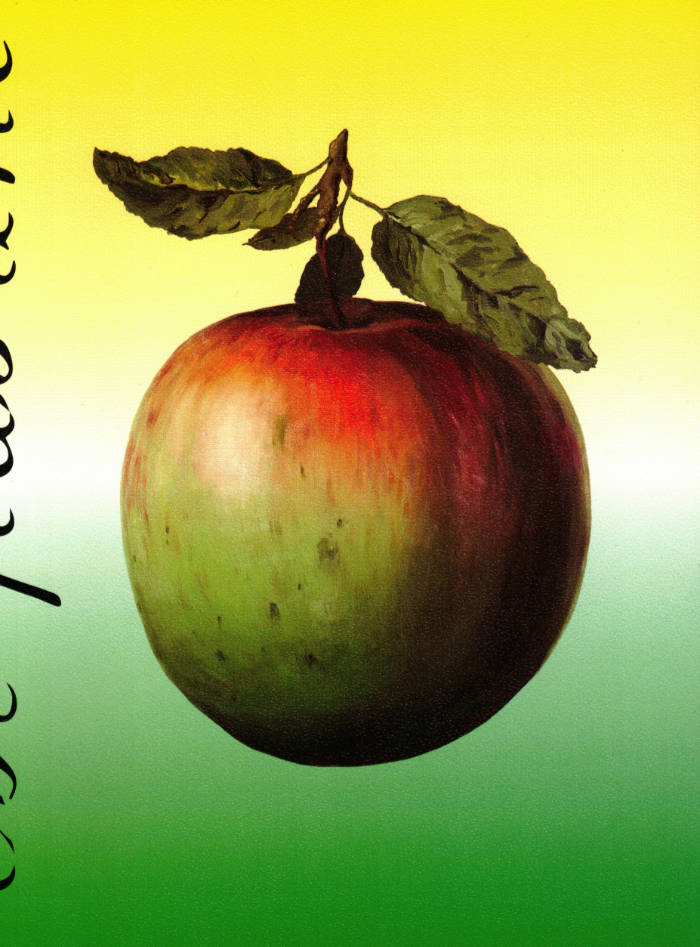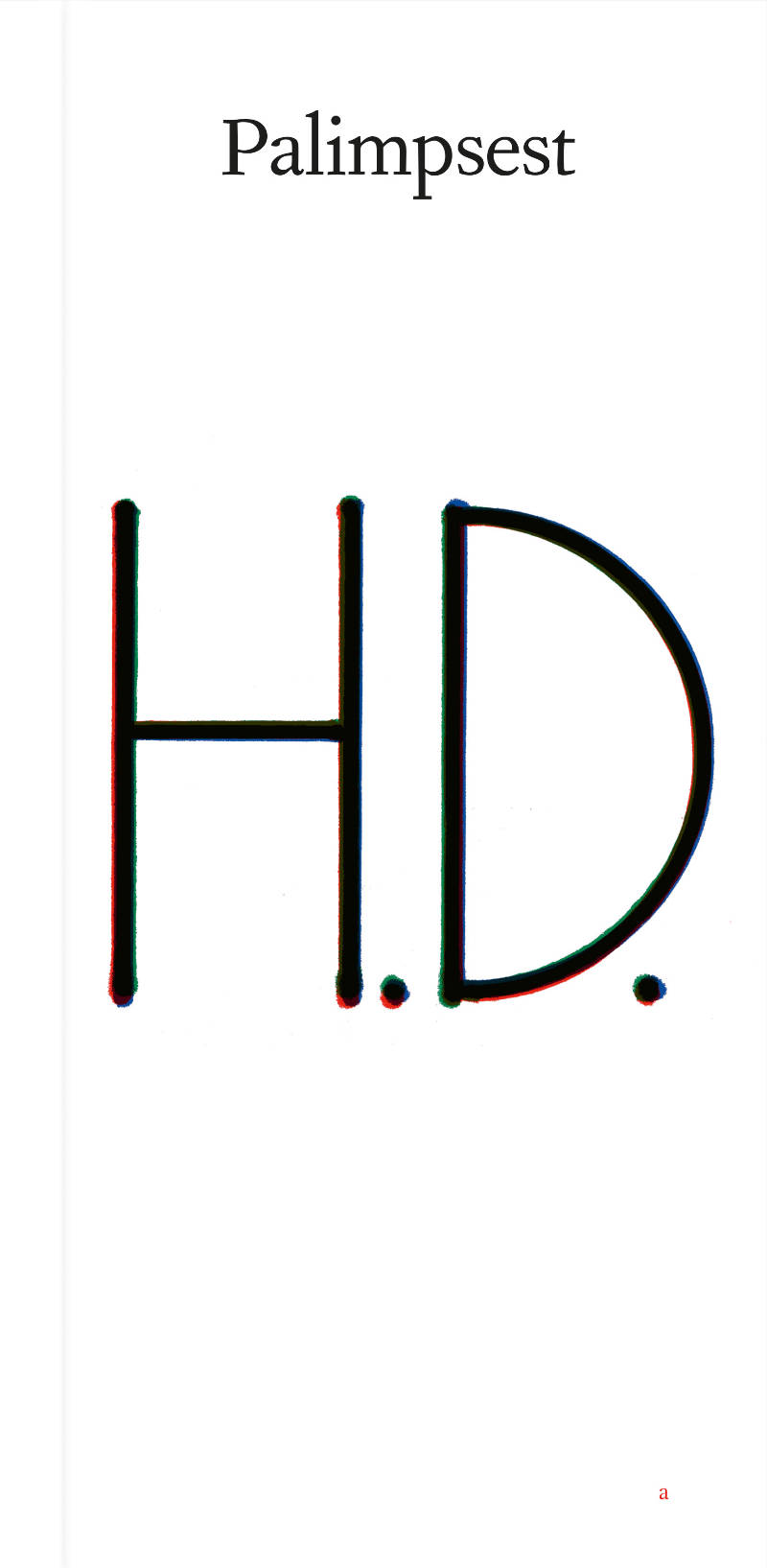“I must explain to you first that the novel is not intended as a work of art—at least, not as it stands. It is a means to an end. I want to clear up an old tangle. Well, I do not put my personal self into my poems. But my personal self [Hilda Doolittle] has got between me and my real self, my real artist personality [H.D.]. And in order to clear the ground, I have tried to write things down––in order to think straight, I have endeavored to write straight. But I hope to come clear and then turn to my real work again. You must remember that writing poetry requires a clarity, a clairvoyance almost. I have been too weak to dare to be clairvoyant. I have tried instead to be merely sensible. I mean in the common sense of that word. In the long run, the clairvoyance is the only sanity for me. But in the novel I am working through a wood, a tangle of bushes and bracken out to a clearing, where I may see clear again.”
H.D., letter to John Cournos, July 9th 1918 (?), Beinecke Rare Book and Manuscript Library, YCAL MSSA24, Box 17, Folder 582 (emphases added). The penultimate word was crossed out by H.D. herself.
This edition of H.D.’s Palimpsest was produced for THE GREEN MAN (Lucy Skaer with Fiona Connor, H.D., Will Holder, Nashashibi/Skaer, Hanneline Visnes); with a sole distribution point – in direct relation to the work of Lucy Skaer – of 500 free* copies, at Talbot Rice Gallery, Edinburgh, UK, from 26 July to 6 October 2018.
Typeset by Will Holder, using Apple’s Enhanced Dictation, reading Palimpsest, Houghton Miflin, 1926. (Letterpress by Henri Darantiere, Paris, for Contact Editions)
Copy-edited by Rosa Aiello reading Palimpsest, Southern Illinois University Press, 1968. (Linotype)
This third edition reproduces the punctuation of the 1926 French typesetting of English text. Certain spellings are maintained with due consideration for an American writer living in 1920s London. Additional suggestions to spelling are inserted between square brackets.
The cover uses a stencil with parts taken from the geometric construction of Roman capitalis quadrata, inherited from the classical Greek alphabet.
This production would not have been realised without Rosa Aiello, Stuart Fallon, Tessa Giblin, Bitsy Knox, Emmie McLuskey, Tiina Poldaru, Lucy Skaer and Christopher Wait.
Palimpsest: Copyright © 1926 by H.D.
Reprinted by permission of New Directions Publishing Corp.





